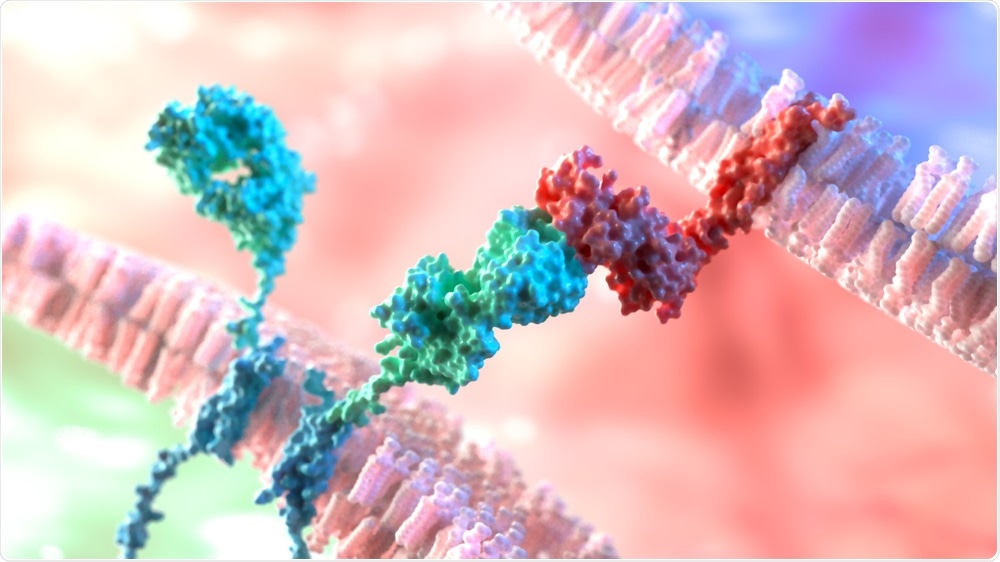Researchers have developed a novel CAR-T cell therapy that can reduce B cell numbers known to cause the inflammatory responses in lupus.
 Alpha Tauri 3D Graphics | Shutterstock
Alpha Tauri 3D Graphics | Shutterstock
Lupus is a difficult condition to treat. It is an autoimmune condition that leads to kidney failure and other complications of different organs that can be fatal eventually.
The study showed that removing these B cells in mice could have a curative effect on lupus. The therapy uses chimeric antigen receptor (CAR)-T cells, which are genetically engineered T cells that have been trained to recognize a specific target.
The engineered T cells are capable of recognizing CD19 – a protein marker on the B cells. They bind to the cells with the marker and kill them. The results of the study were published in the recent issue of the Science Translational Medicine.
CAR-T therapy has been trialed in other disease conditions such as pemphigus vulgaris. Marko Radic, an immunologist at the University of Tennessee Health Science Center in Memphis explained that lupus is conventionally treated using a monoclonal antibody.
This drug aims to reduce the number of B cells and is also used in patients with rheumatoid arthritis and multiple sclerosis. However, two large trials have recently shown that the therapy had no effect on patients with lupus.
Radic and his colleagues tested the genetically engineered T cells for their efficacy against B cells in two mouse models of lupus. First, the mice underwent whole-body radiation to eliminate all the immune cells. The scientists then administered the genetically modified T cells to 41 laboratory mice.
The results showed that among 26 mice, the CAR-T cells killed all B cells displaying CD19 and that all signs of lupus had been removed from the spleen, kidneys, skin and other organs of the mice.
Radic said, “We were so impressed.” The animals lived for a year after treatment. This translates to a long time for humans with the disease.